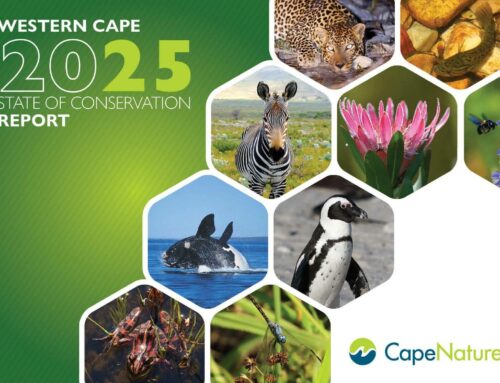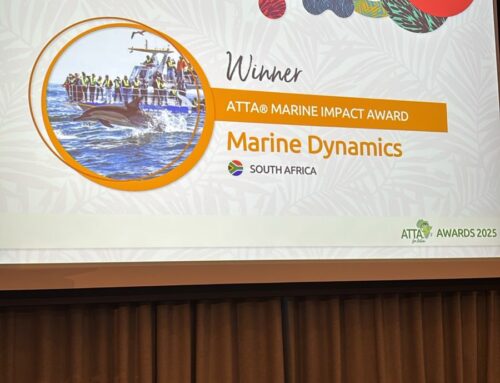Students from various states in America signed up for the online course offered by Global Leadership Adventures. With Covid-19 preventing the Marine Dynamics Academy from learning and working with students onsite, this was the first time the team of marine biologists took the work online and overall, the course was ranked very highly. Global Leadership Adventures conducts leadership programs with a purpose, exclusively for teens and young adults. Our team wholeheartedly supports their mission which is to ‘Inspire the Next Generation to Realize their Potential to Transform the World and their Role In It’ and were very impressed with the students who were all clearly committed to making a difference for conservation and community.
The students aged between 13 to 19 were tasked to work in teams on projects and for this round they were allocated a press release and infographic assignment that related to African penguin conservation.
We will be sharing their work over the course of the next few weeks. Well done to all and we look forward to the next course in October to November.
https://www.experiencegla.com/
OVERFISHING
Overfishing in the African penguin’s critical hunting grounds is having a detrimental effect on the penguin’s future.
**Please note that the write ups have been edited and shortened for blog publishing purposes. Sources were referenced by students when submitting their projects.
- Project by Sophia Meara, Yi-Mei Liu, Ava Greathouse
How Overfishing Affects African Penguins
The African Penguins, the only penguin species endemic to the South Africa and Namibia, are starving. They are starving because there are not enough fish in the ocean, because of the disruption to the marine ecosystem, because of us. With less than 15,000 breeding pairs left in the wild, if we stand back and watch, by 2030, they could go extinct. And we would be responsible.
It all began in the early 20th century, where dangers such as egg harvesting and guano scraping led to the near extinction of African Penguins, as well as oil spills, as the population plummeted by 90%. Since then, the population has failed to recover. In 2010, the species was labelled as endangered due to a variety of factors, both old and new. The most prominent of the African Penguins’ new struggles is the overfishing of their food source.
The fish are disappearing due to two main factors: overfishing and climate change. Changing water temperatures affect spawning and locality. But many of the fish did not simply relocate, they were subjected to severe overfishing. As much as the penguins rely on the fish to eat, humans rely on them too. Scientists and fishermen in Gansbaai, South Africa have been working closely to balance human and penguin fish intake, but there is a lot more progress to be made.
The solution to the overfishing issue depends on a strong partnership between scientists and fishermen. For example, many scientists want the government to place stricter laws on where fishermen can fish for sardines. By creating Marine Protected Areas around penguin colonies, the fish population that the penguins depend on will return to normal. This reduces adult penguin mortality rates from starvation and further reduces entanglement in fishing lines and gear, while improving the penguins’ breeding success rate.
The public can support the penguin conservation efforts of organizations like Marine Dynamics and the Dyer Island Conservation Trusts, by donating to their key project The African Penguin and Seabird Sanctuary.
- Project by Cole Alleyne
Overfishing In South Africa Endangers African Penguins
From 2011 through 2013, the University of Exeter conducted research surrounding the journey of 54 African penguins. The penguins were tagged with satellite transmitters that were able to record their passages for about the first few weeks of their open-ocean journey. Information revealed by the study implied that the fledgling penguins journeyed to three specific locations to acquire food. Some penguins ventured as far north as Namibia while others ventured east to traditionally well-known locations with an abundance of fish.
However, due to overfishing these once known “honey holes” are now void of food and filled with potential predators that see the penguins as an easy meal. The fatigue from their journey greeted with the disappointment in the lack of prey allows for the penguins to unfortunately fall into an “ecological trap,” in which the young penguins have little to chance of survival.
Along with the lack of food sources in the penguin’s new locations, the juvenile birds are also threatened by the lack of regulation in the waters of other countries such as Namibia. As of 2020 South Africa declared the African penguin a protected species. Although on the decline, these penguin populations are still able to be restored with the focus of conservationists from around the world. The overfishing that is affecting these penguins is just one example of the environmental changes that are occurring worldwide.
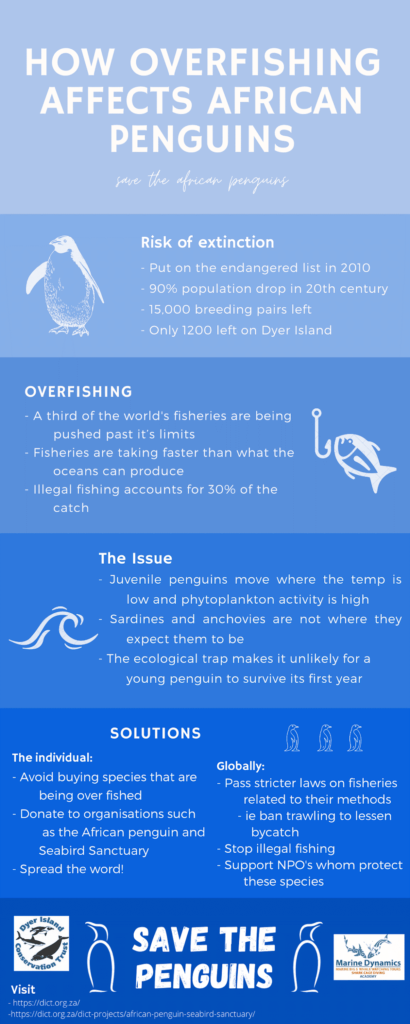
Overfishing – Project Ava, Sophia, YiMei
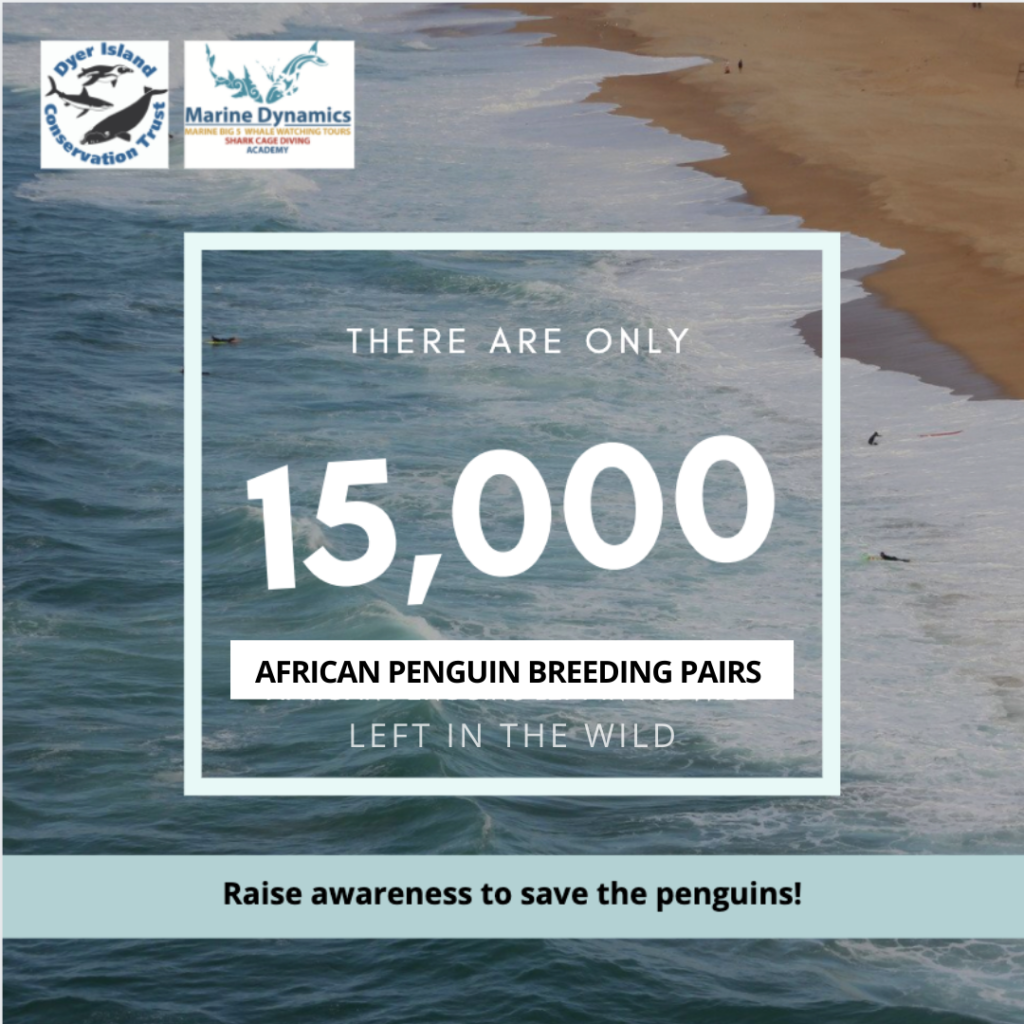
Insta 1 – Project Ava, Sophia, YiMei
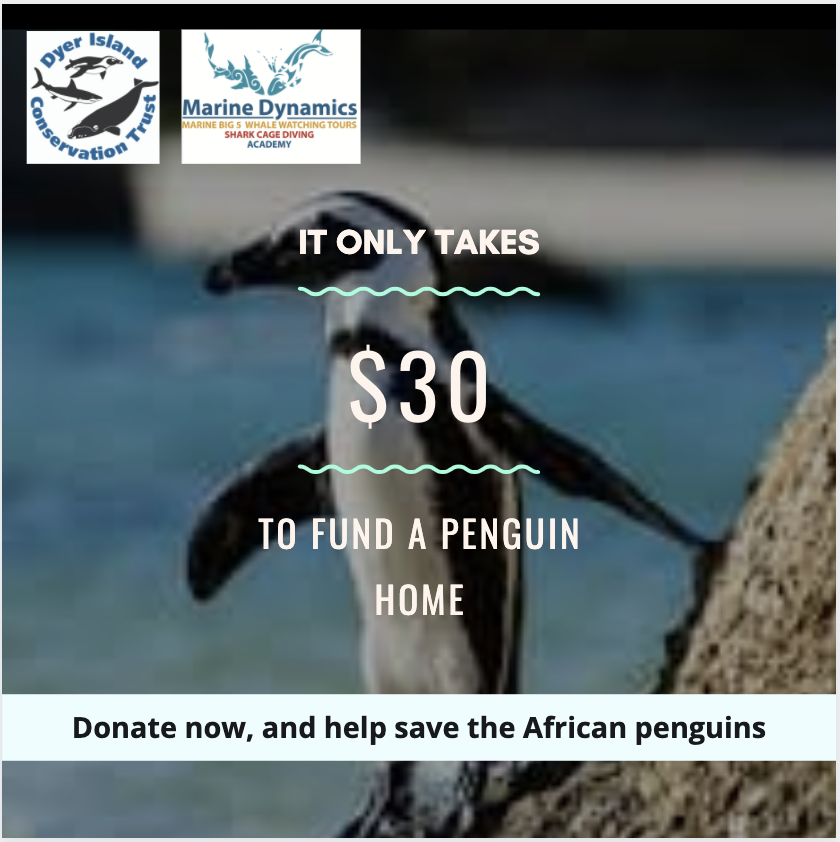
Insta 2 – Project Ava, Sophia, YiMei

